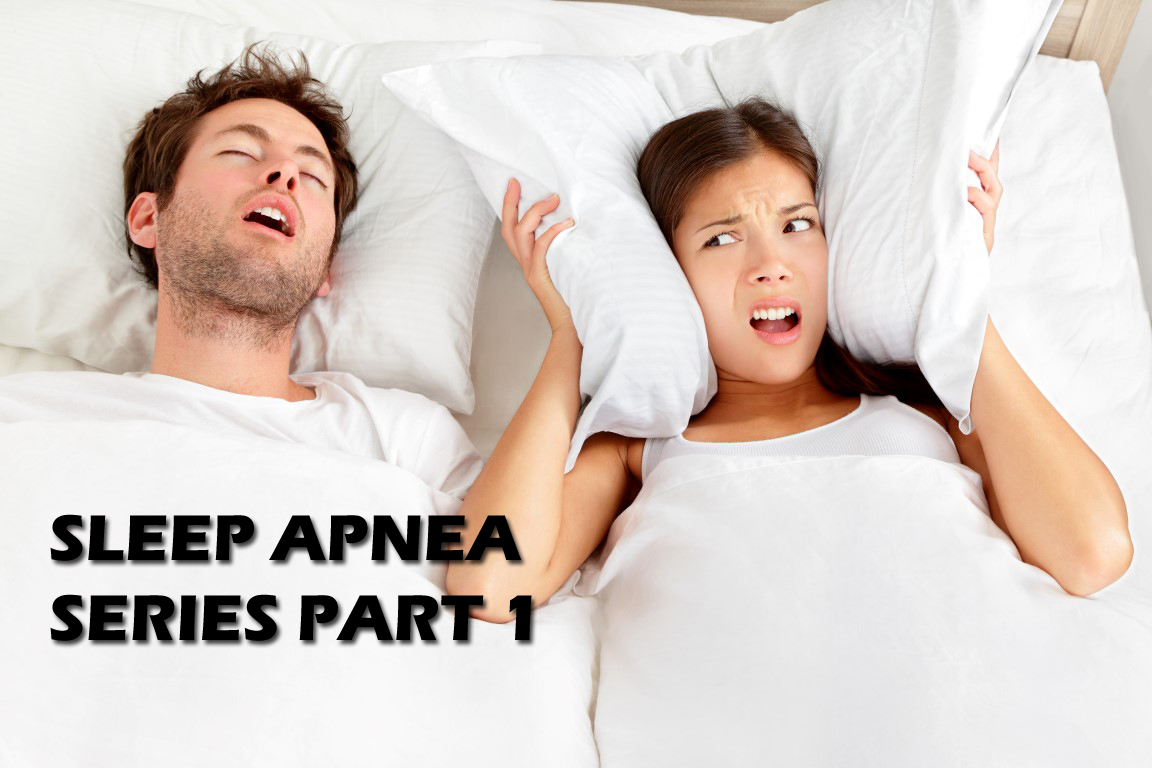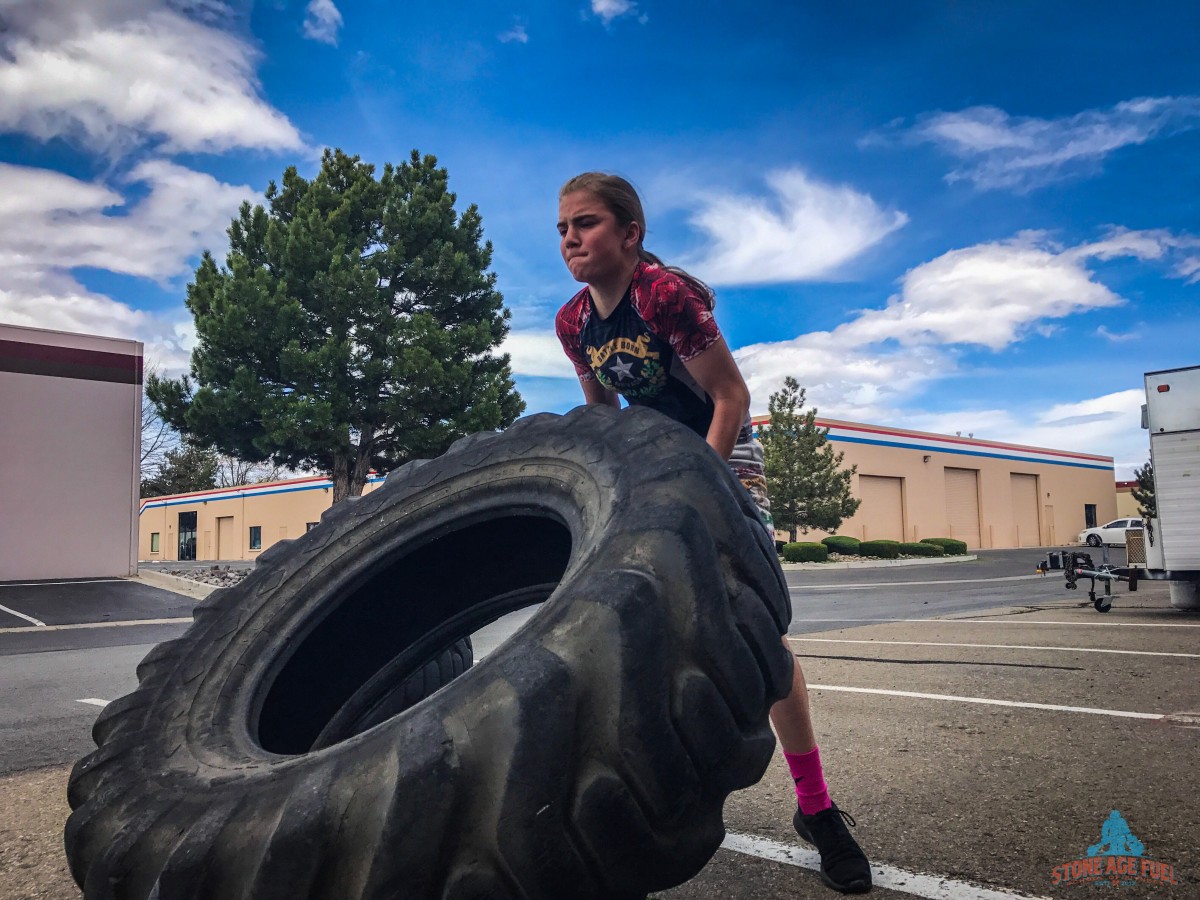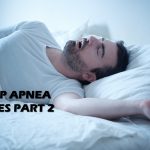SLEEP APNEA SERIES PART 1
Do you snore or have troubled sleep? You might have Sleep Apnea and SHOULD GET TESTED!
I don’t snore, and I would know if I stopped breathing during the night, so I don’t have sleep apnea.
That’s what many people who have sleep apnea think…
Maybe you don’t have sleep apnea, but the more we learn about the illness, the more it seems as much as 80 percent of people who have sleep apnea don’t even know it.
What’s even scarier is it’s believed that 9 percent of women and 24 percent of men are affected by sleep apnea to one degree or another.
OK, before I got any further, let’s talk about WHAT IS SLEEP APNEA? Here are some quick facts:
- It’s a potentially serious sleep disorder where you stop breathing repeatedly during the night. Traditionally, it was defined by stopping breathing for 10 seconds or longer, however, this definition has evolved. Part of the reason so many people have it and don’t know it is because they perhaps stopped breathing for 8.2 seconds or 9.9 seconds multiple times during their sleep, but according to the traditional definition, this wouldn’t register this as sleep apnea because their episodes were less than 10 seconds.
- It is caused by a blockage (or narrowing) of your airways because of the throat muscles and tongue relaxing.
- Apnea episodes can occur anywhere from 5 to 100 times an hour. More than 5 is considered abnormal, and between 30 to 40 is considered severe sleep apnea.
- Some factors that increase your chances of developing sleep apnea include being overweight or obese, sleeping on your back, and drinking alcohol before bed.
One of the problems with the illness is that it’s happening when you’re asleep, so how do you know if you have it?
Oftentimes, it’s a person’s partner who encourages him/her to get tested as the partner might wake up and notice the person next to them isn’t breathing…
Some other symptoms to take note of include:
- Loud snoring
- Sleepiness during the day
- Tossing and turning during sleep
- Waking up a lot during the night
- Waking up with a headache and feeling unrested
If you can relate to any of this, don’t ignore it. Go see your doctor and get tested as sleep apnea can be dangerous.
Potential Dangers
For starters, it stops you from getting into and staying in that all-important deep sleep, not to mention when you stop breathing, less oxygen travels to your blood.
Over time, this can cause serious health problems.
On top of this, stopping breathing affects your brain—it wakes you up even if you don’t remember waking up—which activates your adrenals and can elevate your blood pressure.
In fact, research suggests those with sleep apnea have two to three times greater chance of developing high blood pressure, an abnormal heartbeat, and even heart failure.
They’re also at greater risk of developing dementia, sexual dysfunction, obesity and Type 2 diabetes.
The good news is if you have it, there are things you can do to help you!
If your sleep apnea is mild, just losing weight and avoiding booze and medication before bed can help you.
If it’s more severe, you may have to purchase a breathing device called a CPAP (continuous positive airway pressure), which stops your airways from closing when you sleep.
Read more about CPP machines here.
If you’re suspicious, get tested!






